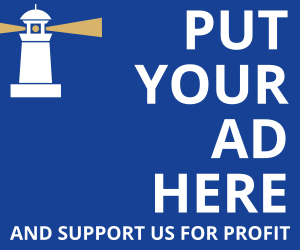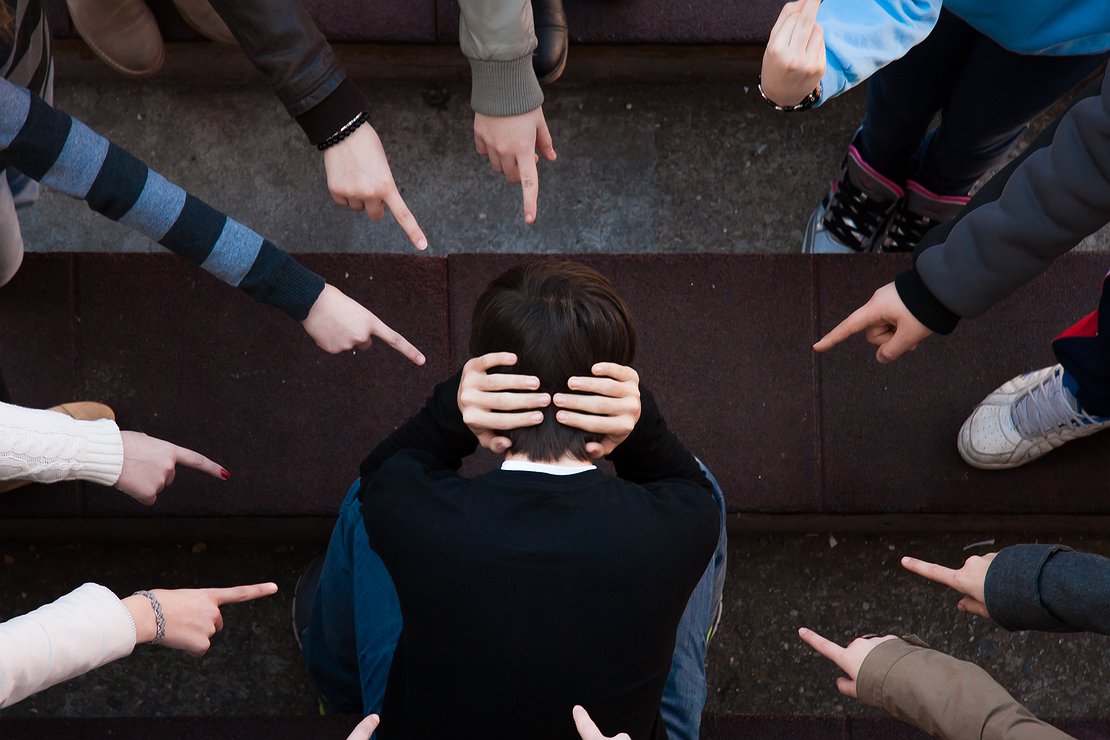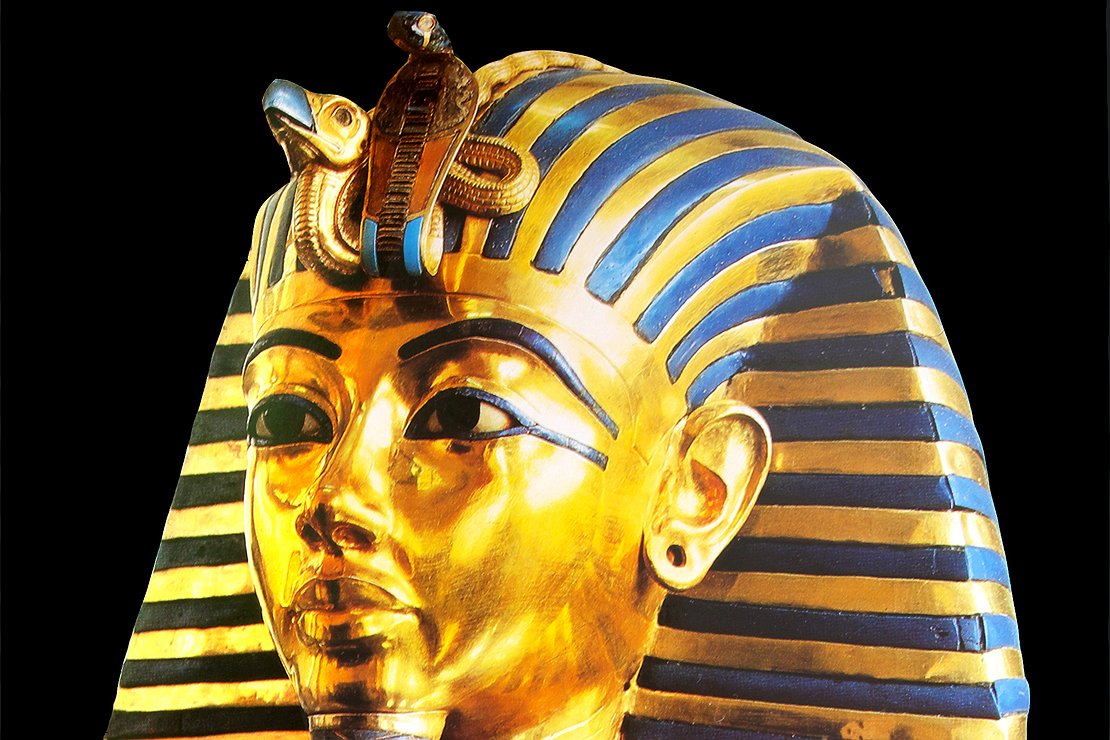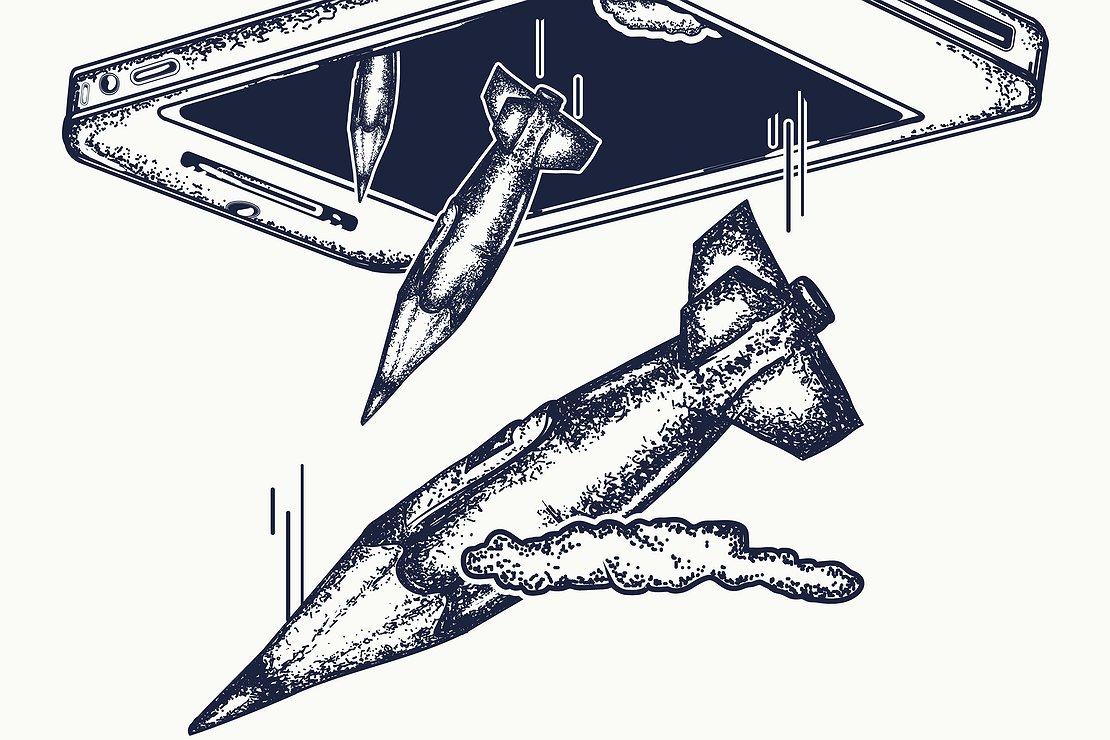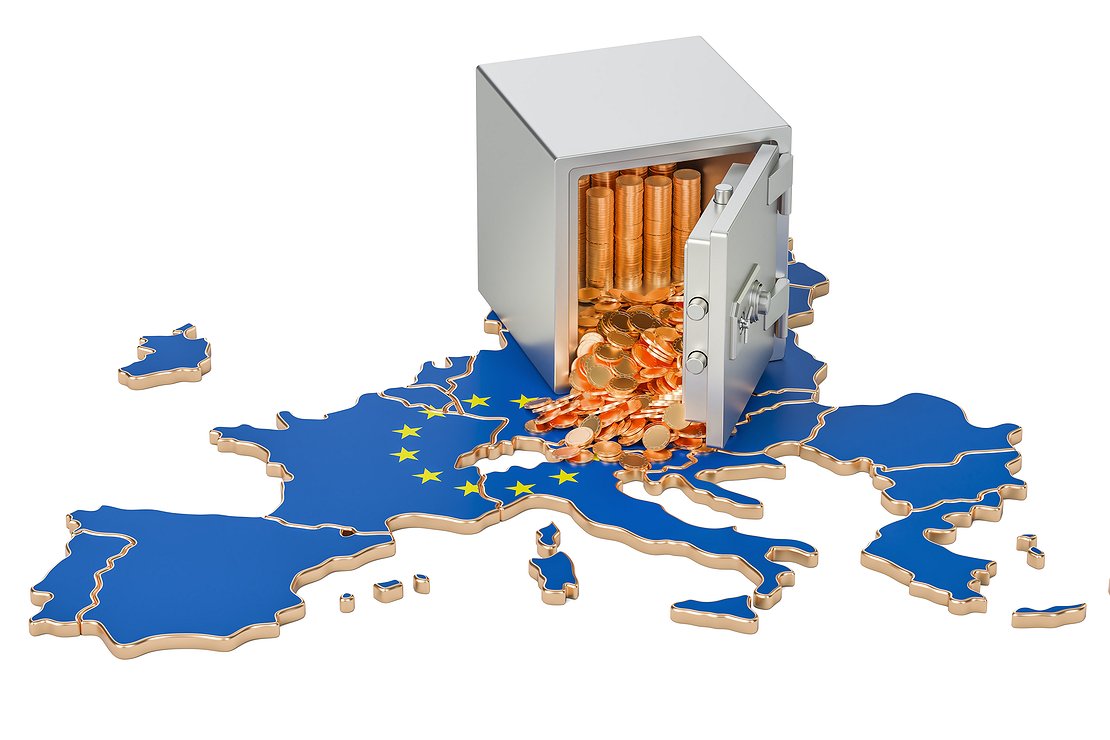
EU plans for ‘completion of the currency union’:Hustling in the Shadow of the Migration ‘Crisis’
Even those who are convinced that the EU is indispensable for the countries of Europe, that without it there would be nothing good, no peace and no future, should absolutely deal with the broad picture of the financial side of the matter, even if they aren’t interested. If they do so with open eyes, they will get to the point where they must at least concede the possibility that the idea of the ‘EU’ may at best and theoretically speaking, be a peace project, but not a provider of prosperity.
On the contrary: after 20 years of the euro (the first price determination was in May 1998), which brought about an artificial boom, a devastating crisis and today another artificial boom and, on top of that, an almost 30 percent loss in value, these plans for the economic and monetary area all point in the same direction: debt and impoverishment. The problem: poverty and peace in the sense of the absence of disruption and disturbance rarely go hand in hand. For without prosperity there is ‘peace’ for one reason only: for fear of those who have the control and the monopoly on the use of force – the state.
The baby boomers, who in Europe are the people born from the mid-1950s to the mid/end of the 1960s, are retiring today or want to do so in the coming years. In view of this fact and the demographic development, which only the debt economies of the member states are threatening to turn from a manageable challenge into a crisis, it can be assumed that at some point between 2028 and 2038 the coffers of the welfare systems will be empty. It is therefore high time for the EU, and in particular for the highly indebted countries, to set the course now to keep the EU project and thus their own lucrative jobs alive. The EU needs one thing above all and urgently: access to money. Access to taxpayers' money.
Since, however, only a minority of people are still net tax payers, the sublime words and plans usually concern ‘the others’ and are very popular. Then, when it is said that we must now urgently “complete monetary and economic union,” to “strengthen the euro area” and to “promote convergence,” “rapid and far-reaching” reforms must be launched. Solidarity “should be strengthened” and the “euro zone made more resistant to uncertainty and volatility” via “buffers against market irregularities.”
Sound familiar? The free market is ‘evil.’ It's a wild animal, a monster that needs to be tamed. We owe the financial crisis, the subsequent recession, the quasi-bankruptcy of states, devaluation of the euro and mountains of debt for the next generation to ‘it.’ Furthermore, we owe our salvation only to the policy of the EU and the ECB, which managed to take the ‘market pressure’ off the shoulders of the system with a ‘textbook example of successful Keynesian monetary policy.’ If we seem to be doing well today, it is only thanks to the ‘collective measures’ of politics. It is therefore logical for many that it will continue to be this institution that holds the helm; that it and its representatives are best placed to protect us from crises.
What a big, big lie! It was not the ‘market’ that triggered the crisis. It was politics. It is this and only this that we need to understand. Without artificially low interest rates due to the single currency, this debt and the artificial booms would never have been possible. Never would such a gigantic bubble have come into being and burst. And never would a new, even more gigantic bubble be inflated, which will mercilessly blow up in our faces.
What today is sold us as a ‘recovering market’ and a ‘booming economy’ is a mirage. Of course ‘it works.’ But it only works because politics has suspended the rules of the market. And that will have to be paid for. Because one day, when it is not the market that determines the use of scarce resources, but instead people who do not bear any risk, these resources will be used up. And the only choice remaining will be between market or state.
Either someone (the state) will then prevent the market mechanisms from asserting themselves, which is usually possible only through violence and total control, or the market will be let off the rein, brutal adjustments will be made, and then it will be possible to start from scratch. The difference between the two scenarios is ‘just’ that the former takes longer than the latter, is much harder and causes more deaths, as the worldwide experiments of state-run markets show.
But of course none of the plans and strategy papers of the EU and international organisations such as the IMF and the like contain any of this. However, they give their game away with the constantly recurring words “fast” and “urgent.” They're running out of time! When the beams start to creak, the deal must be done. Today, when the illusion of prosperity and political wisdom can still be maintained, the obstacles must be removed. Not tomorrow, when everything may already be slipping.
What does that mean from a political point of view? It means that the EU must finally be authorised to levy its own taxes, and as quickly as possible. A European Monetary Fund is needed to distribute money at the discretion of the Brussels bureaucracy. Also instruments and laws that make it possible to reward states and companies for complying with their own laws (after all, every time we keep to the speed limit on the freeway we also get a check, don’t we?), to promote good projects and to ‘buffer’ politically indebted crises with billions. And European ‘beacon projects’ are also urgently needed to make people see that ‘one should never underestimate how far the euro has come.’
Ultimately, it all means just this: the decisions ‘market or state’ and ‘freedom or control’ have long since been made far away from the much-coaxed ‘citizens’ and far removed from the migration hysteria. All power to the center. All available and non-existent money too. And this will continue until all resources are used up.
Because there is one thing you can rely on – something that has never changed: what applies to politicians and their administrations also applies to cancer specialists who recommend a new chemo cycle to the patient even 24 hours before death: They never stop.
Translated from eigentümlich frei, where the original article was published on 21st August 2018.

